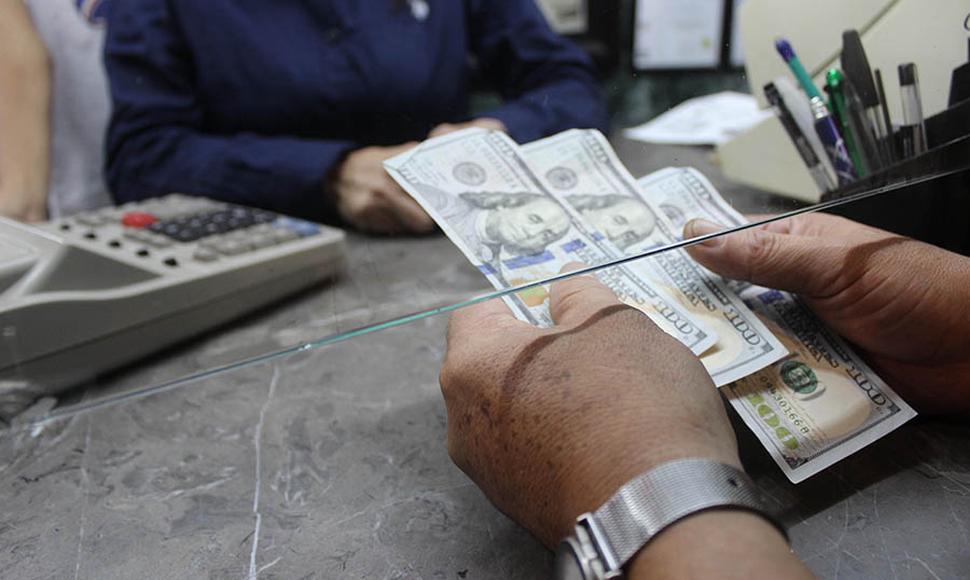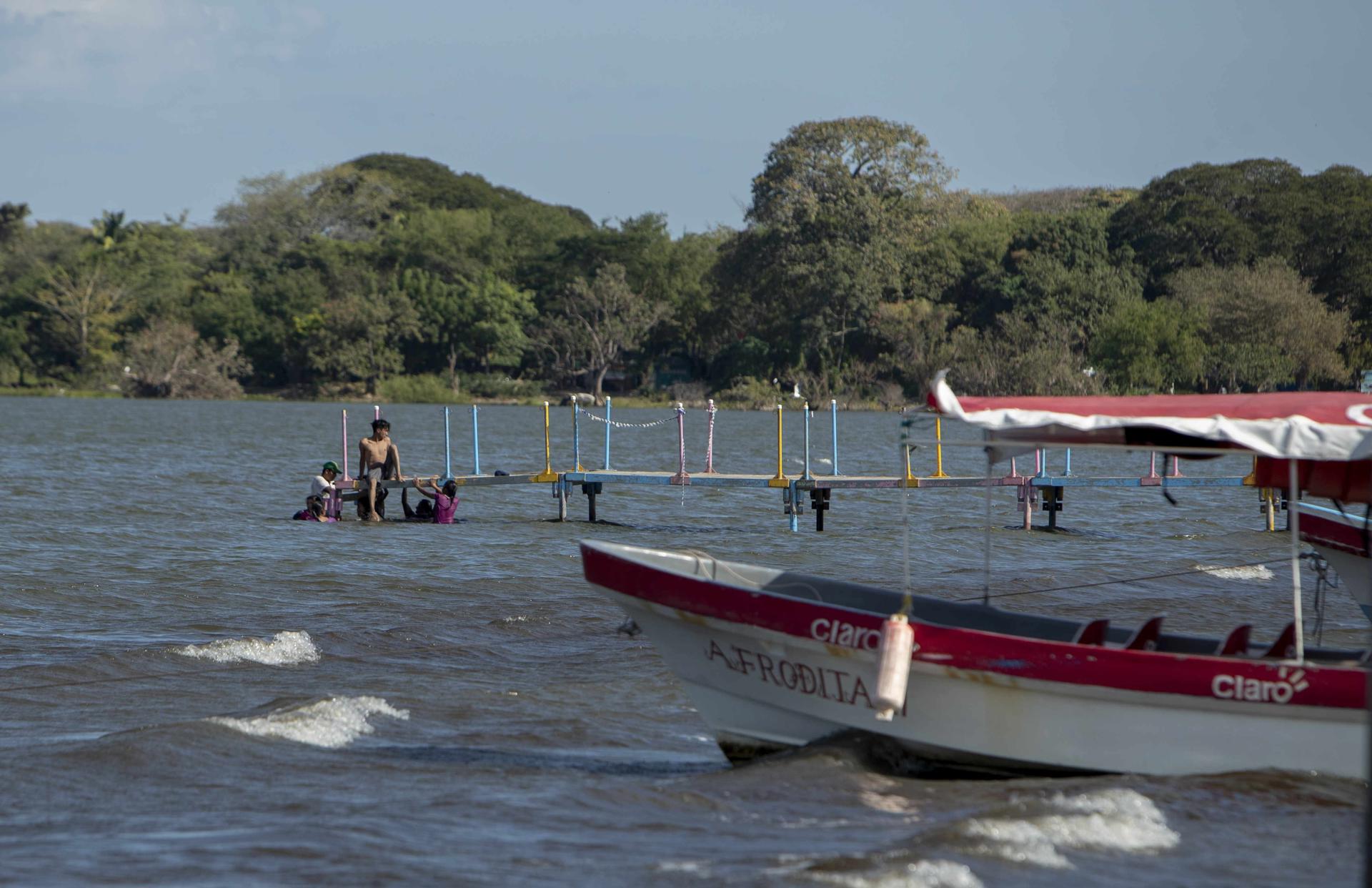Nicaragua’s gross domestic product (GDP) will grow 4% in 2022, the second consecutive year of growth after three years of closing with a red balance, according to a report disclosed this Thursday by the Nicaraguan Government.
“The positive evolution of economic activity during 2022 has improved the growth projections for Nicaragua, which are estimated between 3.5% and 4.5%, with an expectation of punctual growth of 4%, being higher than the projections growth figures prepared in September 2021, where a real GDP of 3.2% was forecast for 2022”, indicated the Nicaraguan Executive in a report sent to the National Assembly (Parliament) of that country.
The Government of Managua explained that these better results for the Nicaraguan economy are based on the positive behavior of the demand for exports with favorable prices, the growth of tourism, private investment and the flow of family remittances.
Related news: Central Bank of Nicaragua affirms that GDP grew by 4.3% during the second quarter of 2022
In this sense, he highlighted that economic activity grew 4.5% between last January and September, led by growth in the hotel and restaurant, transportation and communications, trade and financial intermediation, and related services sectors.
Meanwhile, merchandise exports totaled 3,403 million dollars between last January and October for a year-on-year growth of 13.5% compared to the same period in 2021.
REMITTANCES DRIVE DOMESTIC CONSUMPTION
While during 2022, family remittances “continue to play an important role in boosting domestic consumption, mainly family consumption,” the Executive highlighted.
As of September 2022, family remittances totaled 2,258.4 million dollars, which represented an increase of 45% compared to the same period in 2021 (1,557.3 million dollars), and by the end of the year the authorities expect that the same reach 3,170.5 million dollars.
“On the other hand, income from tourism and other flows continue to recover in a context of easing of sanitary measures at a global level and the reopening of operations of airlines and tour operators in the country,” he noted.

Meanwhile, accumulated inflation as of October 2022 stood at 9.08% (4.27% as of October 2021) and 12.16% in year-on-year terms.
Likewise, the Government announced that due to a positive evolution of the collection observed in 2022, it asked Parliament for a reform of the general budget of the Republic for this year for 586.9 million dollars.
The Nicaraguan economy rose 10.3% in 2021, the first year of growth after three consecutive years of closing with a red balance, according to the Central Bank.
The Nicaraguan economy had contracted by an average of -3.03% per year in the 2018-2020 period.
GDP decreased by 2% in 2020, as a result of the covid-19 pandemic and the damage caused by hurricanes Eta and Iota, in November of that year, according to the monetary authority.
In 2019 it fell 3.7% and 3.4% in 2018, due to the sociopolitical crisis that has affected the country for 56 months, according to the issuer.















